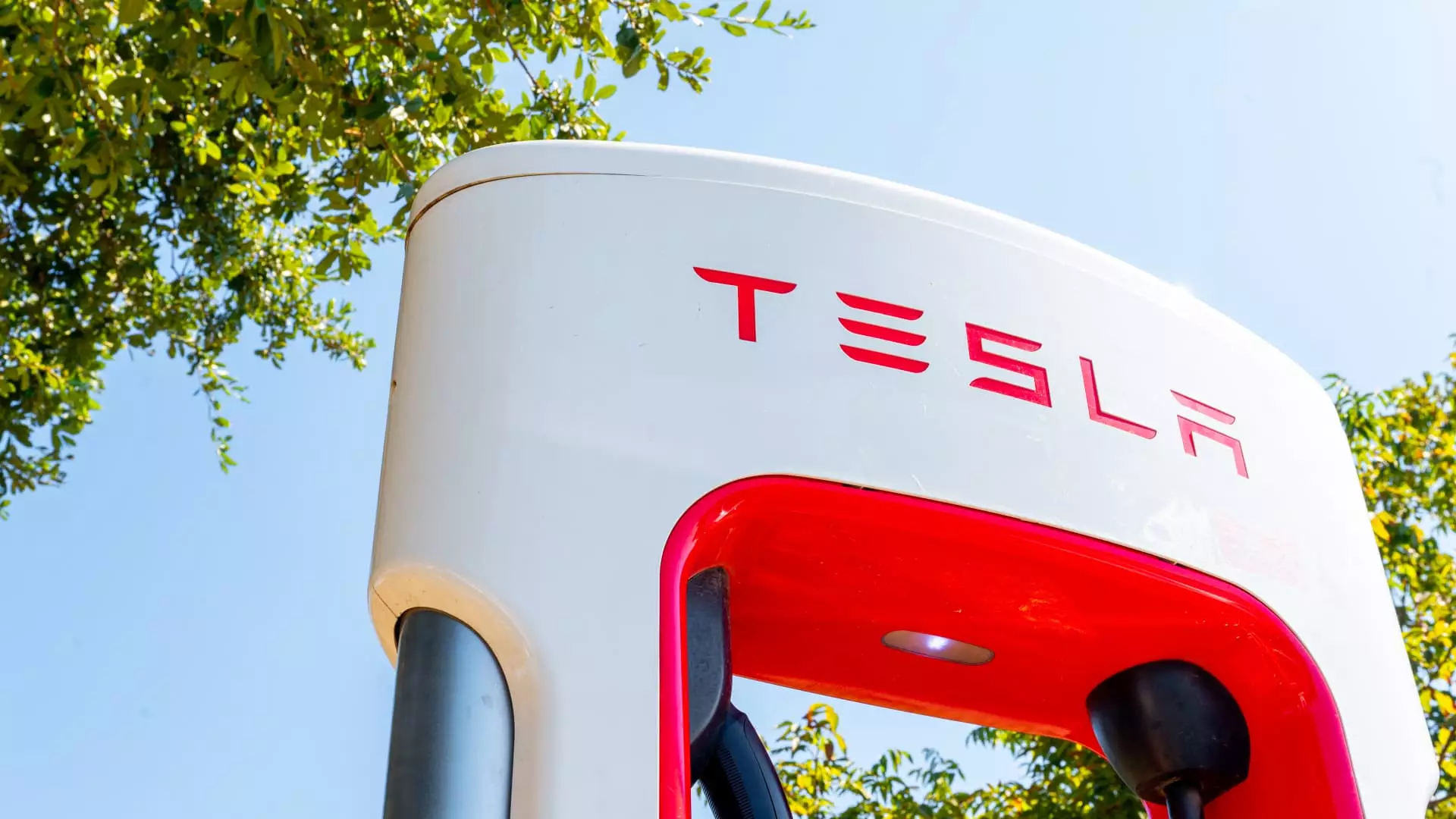Tesla, the electric vehicle behemoth founded by Elon Musk, is once again at the forefront of a contentious legal battle involving its controversial Autopilot technology. This situation raises serious questions about the company’s advertising practices and the safety of its semi-autonomous driving systems. The tragic death of Genesis Giovanni Mendoza-Martinez in a 2023 crash while using Tesla’s Autopilot has become the centerpiece of a lawsuit filed by his family, which claims that the company misrepresented the capabilities of its technology. The implication of “fraudulent misrepresentation” raises alarms about the ethical responsibilities of technology firms, particularly in emerging fields like autonomous driving.
Mendoza’s untimely death during a collision with a stationary fire truck, while he was utilizing Autopilot in his 2021 Model S, underscores the potential dangers posed by advanced driving systems. His brother, Caleb, who was a passenger during the incident, sustained severe injuries and has contributed to the family’s determination to seek justice. The legal complaint, lodged in Contra Costa County, California, has gained traction and notoriety, especially as it has been moved to federal court—a shift that generally places a heavier burden of proof on plaintiffs regarding fraud claims.
The Mendoza family’s legal representatives argue that Tesla and Elon Musk have a history of exaggerating the capabilities of Autopilot in order to create a facade of innovation, drawing attention and investment to the company. They cite a plethora of communications, including tweets, press statements, and earnings calls where Tesla has highlighted the supposed capabilities of its driving systems. Such public statements, they argue, can lead consumers to misinterpret the true nature of the technology, thereby relying on potentially misleading information when making decisions associated with Tesla vehicles.
In response to the lawsuit, Tesla’s legal defense has attempted to shift the blame back onto the parties involved in the crash. They claim that the driver’s negligent actions were a major contributor to the collision, arguing that the reliance on any claims made by Tesla was not a significant factor in causing the accident. They assert that their vehicles, including all facets of the Autopilot system, are designed with safety in mind and comply with current regulations. This assertion leads to an important philosophical and legal debate regarding driver responsibility versus technological accountability.
However, scrutiny surrounding the Autopilot and its Full Self-Driving (FSD) counterpart has intensified over the years, compounded by ongoing investigations and multiple similar lawsuits. Reports from the National Highway Traffic Safety Administration (NHTSA) highlight that at least 15 cases, similar in nature to the Mendoza lawsuit, are currently active, with three having transitioned to federal jurisdiction. This underscores the escalating focus on the implications of advanced automated systems as they become more integrated into daily life.
The legal implications extend beyond just the Mendoza case; they call into question the broader safety policies surrounding self-driving cars. NHTSA investigations initiated in 2021 focused on Tesla’s Autopilot performance near stationary emergency vehicles and have led to continuous software updates aimed at enhancing safety features. The announcement of a second ongoing probe emphasizes persistent concerns regarding whether remedies implemented by Tesla have correctly addressed these issues.
Furthermore, the California Department of Motor Vehicles’ lawsuit against Tesla for alleged false advertising reinforces the notion that misleading marketing practices could have far-reaching consequences, endangering public safety and tarnishing the company’s reputation.
The ongoing controversies surrounding Tesla’s Autopilot technology reflect a broader dilemma facing the autonomous vehicle industry. With competitors like Waymo, WeRide, and Pony.ai already establishing commercial robotaxi services, Tesla’s delays in delivering similar functionalities—as promised by Musk for nearly a decade—may put the company at a competitive disadvantage. Public trust is paramount in technological adoption, and claims that seem exaggerated or misleading could damage Tesla’s credibility in the eyes of potential and existing customers.
Elon Musk’s recent calls for users to showcase Tesla’s self-driving capabilities on social media, underscored by statements like “It feels like magic,” may play into the company’s marketing strategy; however, it raises ethical concerns about promoting a technology that carries inherent risks. The outcome of this lawsuit, along with others like it, may not only influence Tesla’s operational protocols and advertising strategies but also catalyze significant changes in regulatory measures across the autonomous driving landscape.



Leave a Reply